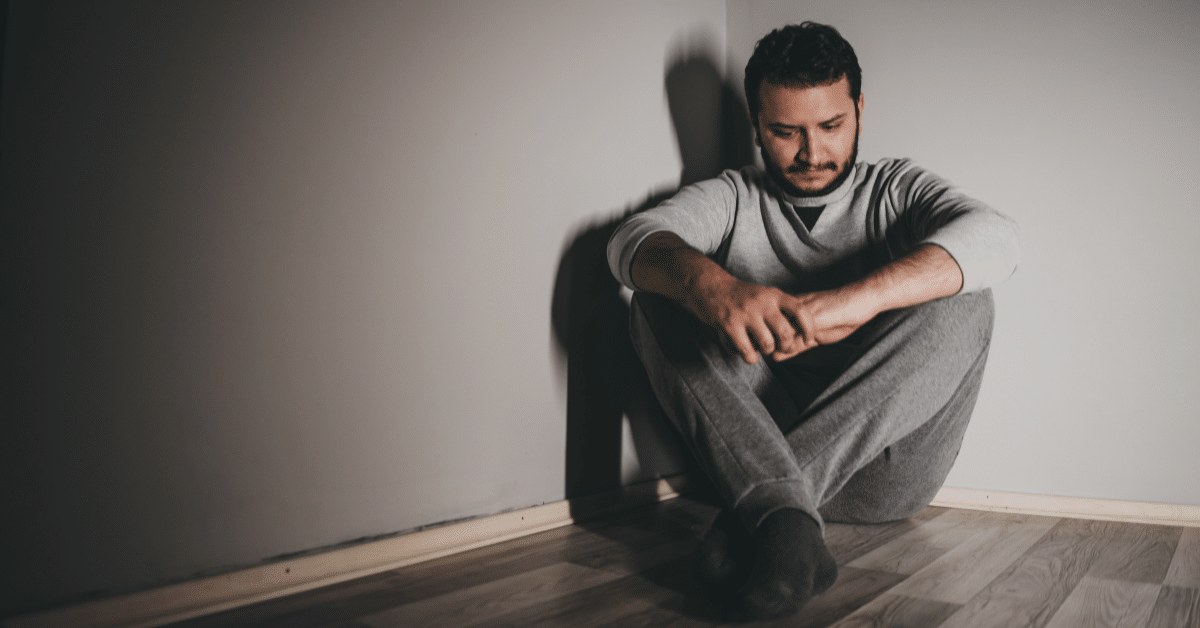Post-traumatic stress disorder (PTSD) is a challenging condition that emerges after experiencing or witnessing a traumatic event. This disorder can be extremely disruptive, interfering with everyday life and overall well-being. However, knowing how to deal with PTSD through effective coping strategies can make a significant difference. While coping strategies are helpful after being diagnosed, sometimes more intensive treatment is needed to help get you to the point where you can utilize coping strategies and experience the benefits.
Understanding PTSD
To be able to cope with something, it’s essential to understand what post-traumatic stress disorder is. PTSD is a mental health condition triggered by witnessing or experiencing a traumatic event. It can lead to symptoms such as intrusive thoughts, flashbacks, nightmares, avoidance of reminders, negative thoughts, and a heightened startle response.
PTSD can manifest differently in different people based on various factors such as the nature and severity of the traumatic event, the individual’s personal resilience, coping skills, and support system, among others. Therefore, working with a mental health professional to address your unique symptoms and needs is crucial.
Everyday Coping Strategies
Psychoeducation: Understanding Your Condition
The first step in coping with PTSD is understanding the condition. Psychoeducation involves learning more about PTSD, your triggers, symptoms, and the treatment options available. By understanding the disorder, you can better manage your symptoms and make informed decisions about your treatment.
Identifying Triggers
Identifying triggers is a crucial component of managing PTSD. Triggers can be anything that reminds you of the traumatic event, leading to a surge in symptoms. You can develop strategies to cope with these triggers effectively by recognizing them.
Support Groups
Participating in support groups can be incredibly beneficial for individuals with PTSD. These groups provide a safe space to share experiences, learn from others who are going through similar experiences, and gain emotional support.
Daily Relaxation Techniques
Practicing daily relaxation techniques like deep breathing, mindfulness, and yoga can help manage PTSD symptoms. These activities can calm the nervous system, reduce stress, and promote well-being. Exercise can also be a way to relax, eliminate stress, and help you establish a routine.
Positive Activities
Engaging in positive activities that bring joy and relaxation can be helpful. These could include hobbies, sports, social activities, or leisure time in nature. Try activities you used to enjoy or have always wanted to try and find what positive activities you like.
Establishing a Routine
Creating a predictable daily routine can provide a sense of control and reduce anxiety. A regular schedule can also improve sleep patterns, which are often disrupted in people with PTSD. Incorporating your coping strategies into your day helps you to maintain a balance when things can often feel anything but balanced.
Calming Your Autonomic Nervous System
The autonomic nervous system plays a critical role in PTSD. It’s responsible for the fight, flight, or freeze responses when the body perceives a threat. Since PTSD involves moments of re-experiencing trauma, it stimulates the autonomic nervous system, causing anxiety, fear, and physical changes like a rapid heart rate. Calming this system is a key part of managing PTSD.
Breathing Exercises
Breathing exercises are a powerful tool for calming the nervous system. Techniques such as deep breathing, boxed breathing, and progressive muscle relaxation can help reduce anxiety and promote relaxation.
Mindfulness
Mindfulness involves being fully present in the moment, which can help you disconnect from distressing memories or worries about the future. Mindfulness-based stress reduction (MBSR) and mindfulness-based cognitive therapy (MBCT) are two approaches that have been found effective in managing PTSD symptoms.
Physical Activity
Physical activity can be a potent strategy for calming the autonomic nervous system and reducing PTSD symptoms. Activities such as walking, stretching, cycling, or even more energetic exercises like running or swimming can help relax muscles and promote safety.
In-the-Moment Strategies for PTSD Episodes
PTSD episodes or flashbacks can be intense and challenging to manage. However, several strategies can help you regain control during these moments.
Grounding Techniques
Grounding techniques can bring you out of a panic attack and into the present moment. They involve anchoring your five senses in the here and now. For instance, you can name five things you can see, four things you can touch, three things you can hear, two things you can smell, and one thing you can taste.
Breathing Techniques
As mentioned earlier, breathing techniques can be incredibly helpful during a PTSD episode. They can slow down your heart rate, reduce anxiety, and help you regain control.
Comfort Measures
Seeking comfort from a loved one or a soothing object can also be beneficial. Physical contact, such as a hug, can provide immediate relief and a sense of safety. Only do physical contact that you are comfortable with, as it can exacerbate your symptoms if you’re not mindful.
Therapies for PTSD
While coping strategies are crucial, professional treatment for PTSD is often necessary. Cognitive-behavioral therapy (CBT) is one of the most widely used therapies for PTSD. It involves various approaches that help individuals face trauma in a safe and controlled environment.
Art therapy and pet therapy are also gaining recognition for their effectiveness in managing PTSD. Art therapy allows individuals to express and process their emotions through art, while pet therapy involves adopting a pet specially trained to recognize and interrupt the onset of PTSD symptoms.
Living with PTSD can be challenging, but remember, you’re not alone. At Agape Behavioral Center, we are well-versed in treating those with PTSD. By adopting effective coping strategies and seeking professional help, you can manage your symptoms and lead a fulfilling life. Remember, it’s okay to ask for help, and it’s important to take care of your mental health.






